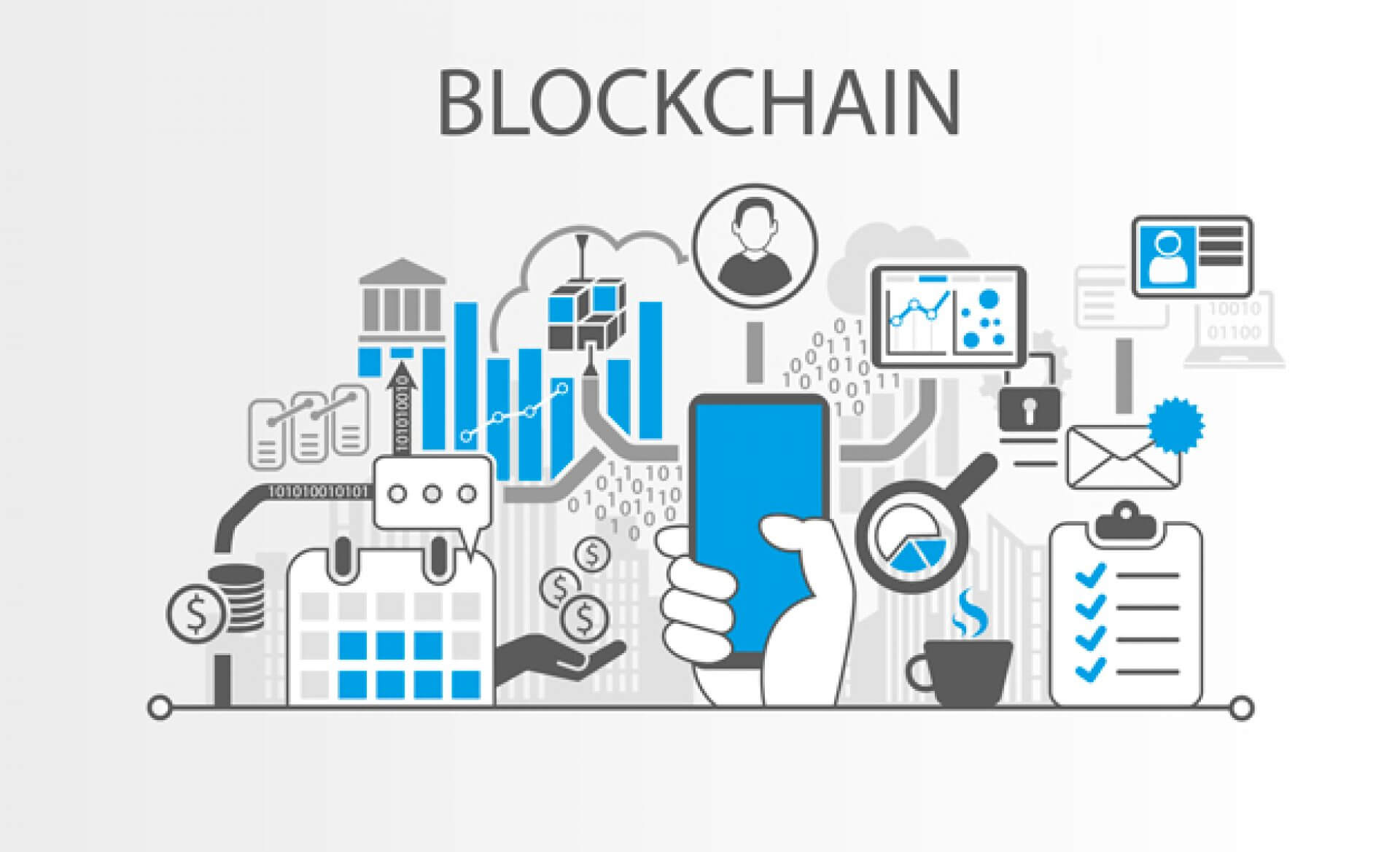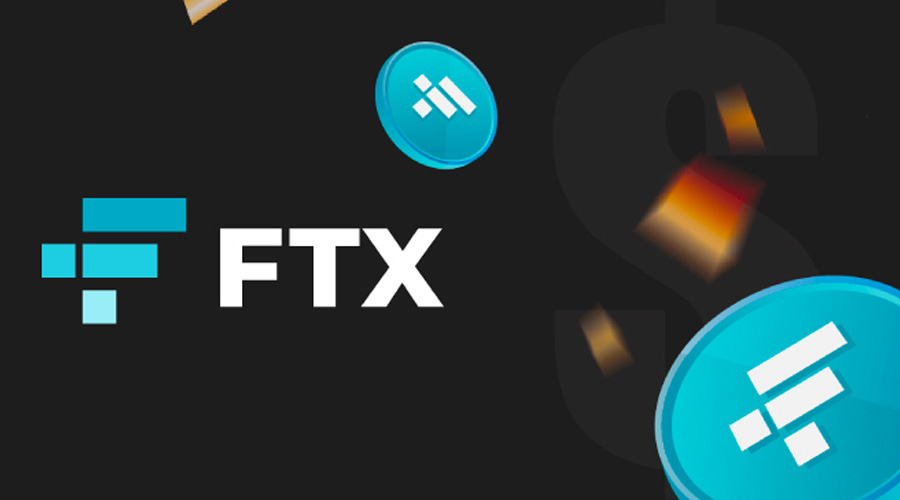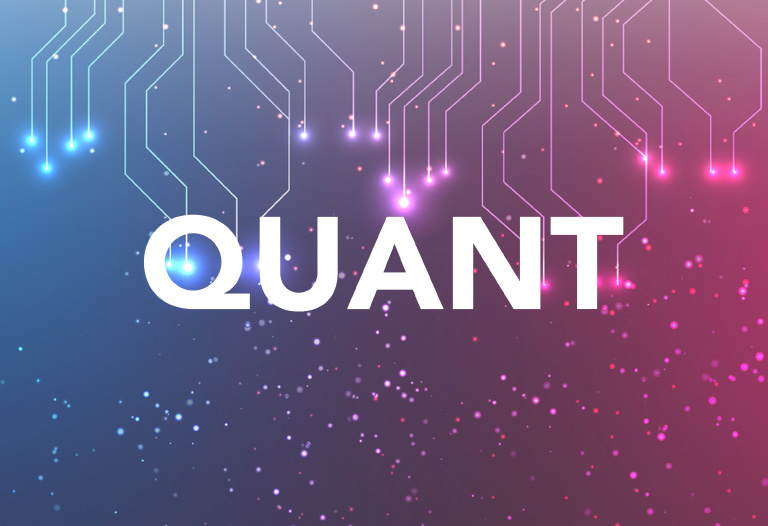State governments in India encourage the use of blockchain in public administration
use of blockchain in public administration. Blockchain technology has the potential to transform a wide range of public services

Blockchain technology is rapidly gaining traction across the globe, and India is no exception. Indian state governments are at the forefront of blockchain adoption in public administration, with several innovative pilots and projects underway.
Benefits of blockchain for public administration
Blockchain technology offers a number of potential benefits for public administration, including:
- Transparency and accountability: Blockchain is a distributed ledger technology (DLT), which means that all transactions are recorded on a tamper-proof network. This can help to improve transparency and accountability in government processes.
- Efficiency and cost savings: Blockchain can automate many manual processes, which can lead to significant efficiency gains and cost savings.
- Security and privacy: Blockchain is a very secure technology, making it ideal for storing and managing sensitive data. Additionally, blockchain can help to protect user privacy by encrypting data and limiting who has access to it.
Use cases of blockchain in public administration
Blockchain can be used to improve a wide range of public administration services, including:
- Land registration: Blockchain can be used to create a more secure and efficient land registry system. This can help to reduce fraud and corruption, and make it easier for citizens to access and update their land records.
- Supply chain management: Blockchain can be used to track the movement of goods and services through supply chains. This can help to improve transparency and accountability, and reduce the risk of counterfeiting.
- Voting: Blockchain can be used to create a more secure and transparent voting system. This can help to reduce voter fraud and increase confidence in the election process.
- Identity management: Blockchain can be used to create a secure and digital identity for citizens. This can help to improve access to government services and reduce the risk of identity theft.
Indian state governments spur blockchain adoption
Several Indian state governments are actively exploring and adopting blockchain technology for public administration. Here are a few examples:
- Telangana: The Telangana government has launched a number of blockchain-based projects, including a land registry system, a food supply chain management system, and a digital identity system.
- Andhra Pradesh: The Andhra Pradesh government has also launched a number of blockchain-based projects, including a land registry system, a vehicle registration system, and a digital education platform.
- Karnataka: The Karnataka government has launched a number of blockchain-based projects, including a land registry system, a supply chain management system, and a digital voting system.
- Tamil Nadu: The Tamil Nadu government has launched a number of blockchain-based projects, including a land registry system, a medical records system, and a digital education platform.
Challenges and opportunities
While blockchain adoption in public administration is gaining momentum in India, there are still some challenges that need to be addressed. These include:
- Lack of awareness: Many government officials and citizens are not yet aware of the benefits of blockchain technology.
- Regulatory uncertainty: The regulatory landscape for blockchain is still evolving in India.
- Skill shortage: There is a shortage of skilled blockchain developers and professionals in India.
Despite these challenges, there are also a number of opportunities for blockchain adoption in public administration in India. The Indian government is supportive of blockchain technology, and there is a growing ecosystem of blockchain startups and developers in the country.
Indian state governments are at the forefront of blockchain adoption in public administration. Blockchain technology has the potential to transform a wide range of public services, making them more transparent, efficient, and secure. While there are still some challenges that need to be addressed, the future of blockchain in Indian public administration is bright.
What's Your Reaction?
















